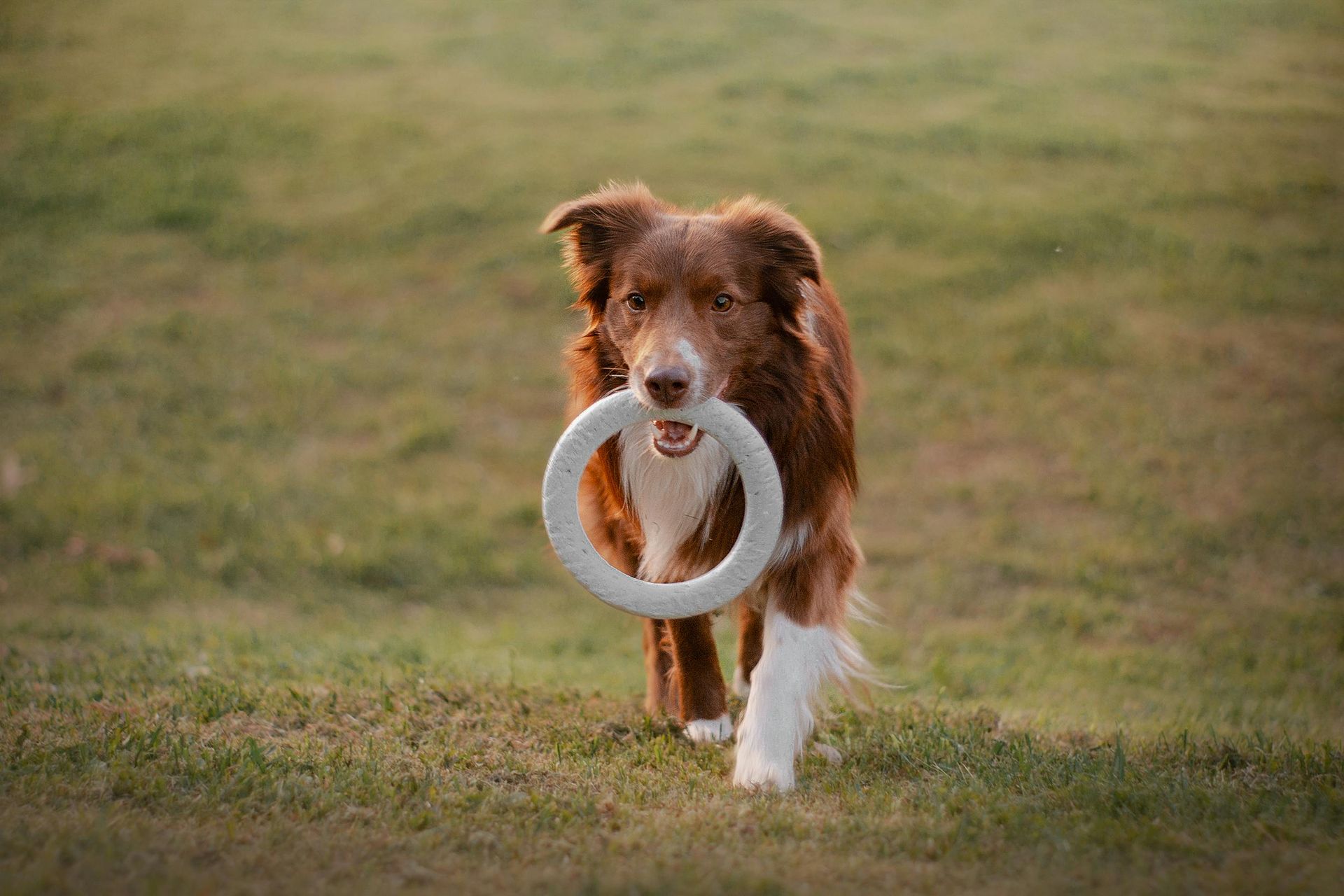Sneezing, Scratching & Licking: Is Your Dog Experiencing Seasonal Allergies?
If your dog is displaying signs like sneezing, excessive scratching, or paw licking, they might be reacting to seasonal allergies. Like humans, dogs can't communicate their discomfort from allergens such as pollen, dust, or mold, leaving us to identify and address their symptoms.
Recognizing the Symptoms:
- Skin Irritation: One of the most evident signs of allergies in dogs is skin irritation, leading to scratching, biting, and potentially inflamed skin.
- Paw Licking: Dogs often lick their paws in response to histamine release caused by allergens, a natural immune response.
- Hair Loss: Frequent scratching due to itchiness can lead to more hair loss than usual, accompanied by possible dandruff from increased allergy exposure.
- Ear Infections: Particularly in dogs with floppy ears, symptoms like head shaking and redness inside the ears may indicate an ear infection related to allergies.
- Respiratory Distress: Though less common, respiratory symptoms such as wheezing or coughing require immediate veterinary attention, as they could signify a severe allergic reaction.
Managing Your Dog's Seasonal Allergies:
- Modify Outdoor Activities: Adjust walking times to avoid peak pollen hours, typically early morning and late afternoon. Consider indoor play options during high allergen seasons.
- Paw and Fur Care: After walks, gently wipe your dog's paws and coat with hypoallergenic wipes to remove allergens. Pay special attention to cleaning their paws, where allergens often accumulate.
- Home Environment: Keep your home's air clean by changing air filters regularly and using air conditioners or dehumidifiers to reduce indoor allergens and moisture that can foster mold growth.
- Bedding Maintenance: Wash your dog's bedding in hot water weekly and consider adding a washable blanket on top for easy allergen removal. Washable toys should also be cleaned regularly.
- Bathing Routines: For dogs with severe allergies, a bathing routine with hypoallergenic, anti-itch shampoos can provide relief from itchy and dry skin.
- Dietary Supplements: Incorporating supplements rich in omega-3 and omega-6 fatty acids into your dog's diet can help improve their skin health and reduce itchiness.
When to Seek Veterinary Care:
Persistent scratching or discomfort in your dog should prompt a visit to the vet. Depending on the severity of the allergies, your vet may recommend treatments ranging from over-the-counter solutions to prescription medications. Seasonal allergies can significantly impact your dog's quality of life, but with the right strategies, you can help manage their symptoms and keep them comfortable year-round.








